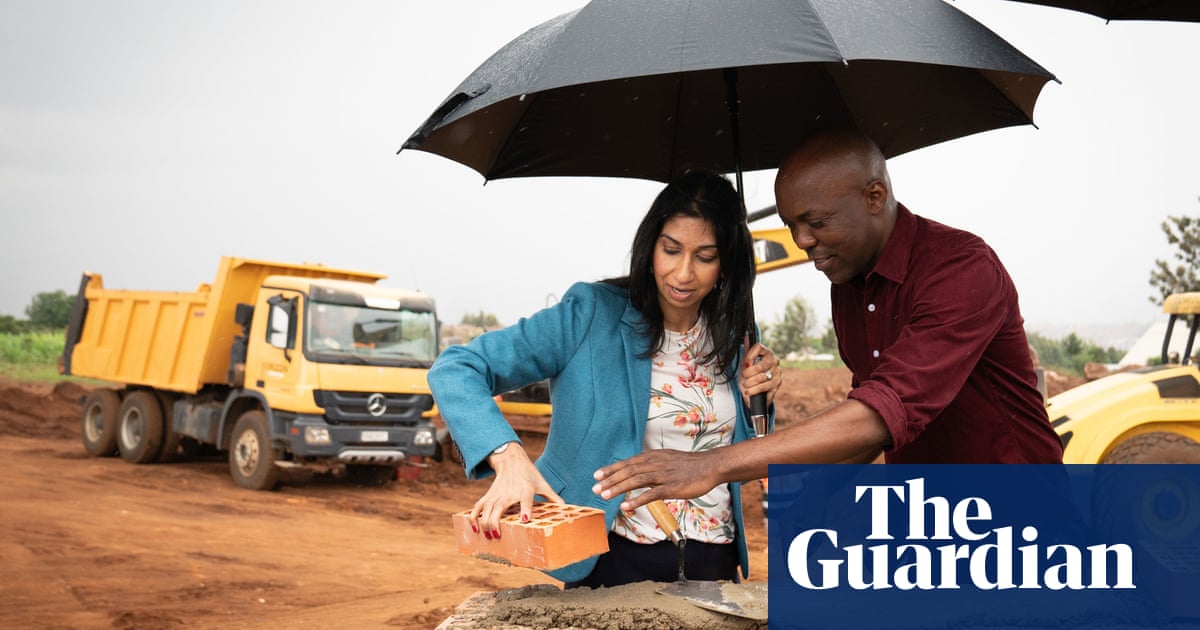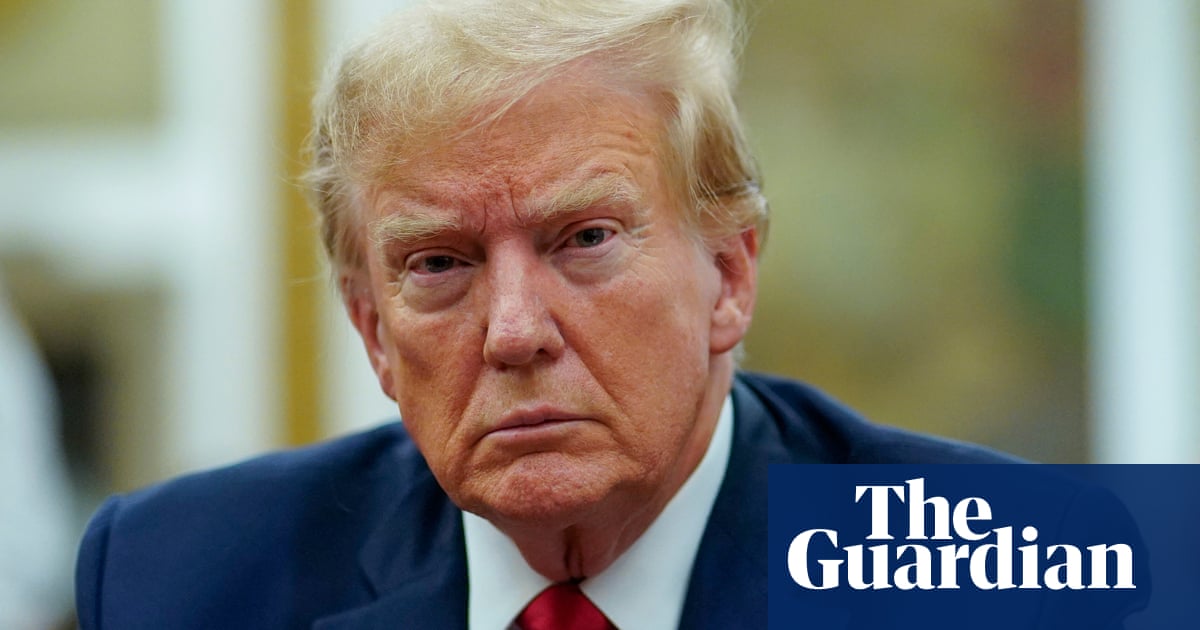
The supreme court will rule on Wednesday morning whether the Scottish parliament can hold a second referendum on independence without Westminster approval, as pro-independence supporters are expected to take to the streets in rallies across the country.
The ruling will have significant political repercussions for both the UK and Scottish governments depending on how it falls. It may finally settle the process question that has vexed both sides of the constitutional debate since the Scottish National party lost the first independence referendum in 2014.
It follows a two-day hearing last month before five judges, led by Robert Reed, the supreme court president. The hearing came after Scotland’s chief law officer, the lord advocate Dorothy Bain, referred the question of whether Holyrood requires Westminster’s approval at the request of the first minister, Nicola Sturgeon.
Three successive Conservative prime ministers have refused to authorise a second referendum, arguing that only Westminster has the legal power to approve one under the Scotland Act 1998 that set up the Scottish parliament.
Should the supreme court rule in her favour, and with support for independence hovering around 50% in recent polling, Sturgeon has said she wants to hold the next referendum on 19 October 2023.
If it rules against, the SNP leader told her party conference in October that it would leave her with no choice but to “put our case for independence to the people in an election”.
It is also an option for the court to ask the Scottish government to put the question at a later date, after Sir James Eadie KC, acting for the UK government, argued that the reference was premature and theoretical because any bill put to the supreme court had to have been first scrutinised, amended and then approved by MSPs.
Meanwhile, at least 14 pro-independence rallies are planned for the afternoon of “judgment day” from the Scottish Borders to Orkney, along with five across Europe, as leading activists encourage supporters to make themselves visible at this “historic moment” regardless of the court outcome.
Lesley Riddoch, broadcaster and veteran independence activist, is organising a rally at the Scottish parliament in Edinburgh starting at 5.30pm. She said: “If the yes movement wants to be visible across the UK and to Europe, we have to rediscover activism. A movement is there to be bolder and more nimble than government, and one thing we can do is get people on the streets.
“It is incredible that supposedly the world’s most powerful devolved parliament is having to rely on a court decision on whether to have an advisory referendum.”
The SNP’s equalities officer, Kirsteen Fraser, said that the ruling marked a historic moment and brought long-awaited clarity.
“This is a time when people should come together,” she said. “We’ve had a rough couple of years and it’s important for people to remember that this is a movement that has worldwide recognition.”
Fraser said that, while she was “not a natural flag-waver”, Wednesday’s rallies were an opportunity to show the “diversity of our movement”.
This was echoed by Toni Giugliano, the SNP’s policy development convenor, who said: “As a longstanding SNP activist, I’ve tended to prefer speaking to voters on the doorstep but at a significant moment like this its important to be visible in mass mobilisation.”
In his opening remarks at the October hearing, Lord Reed said it was “likely to be some months before we give our judgment”. But Wednesday marks only six weeks since that date.












